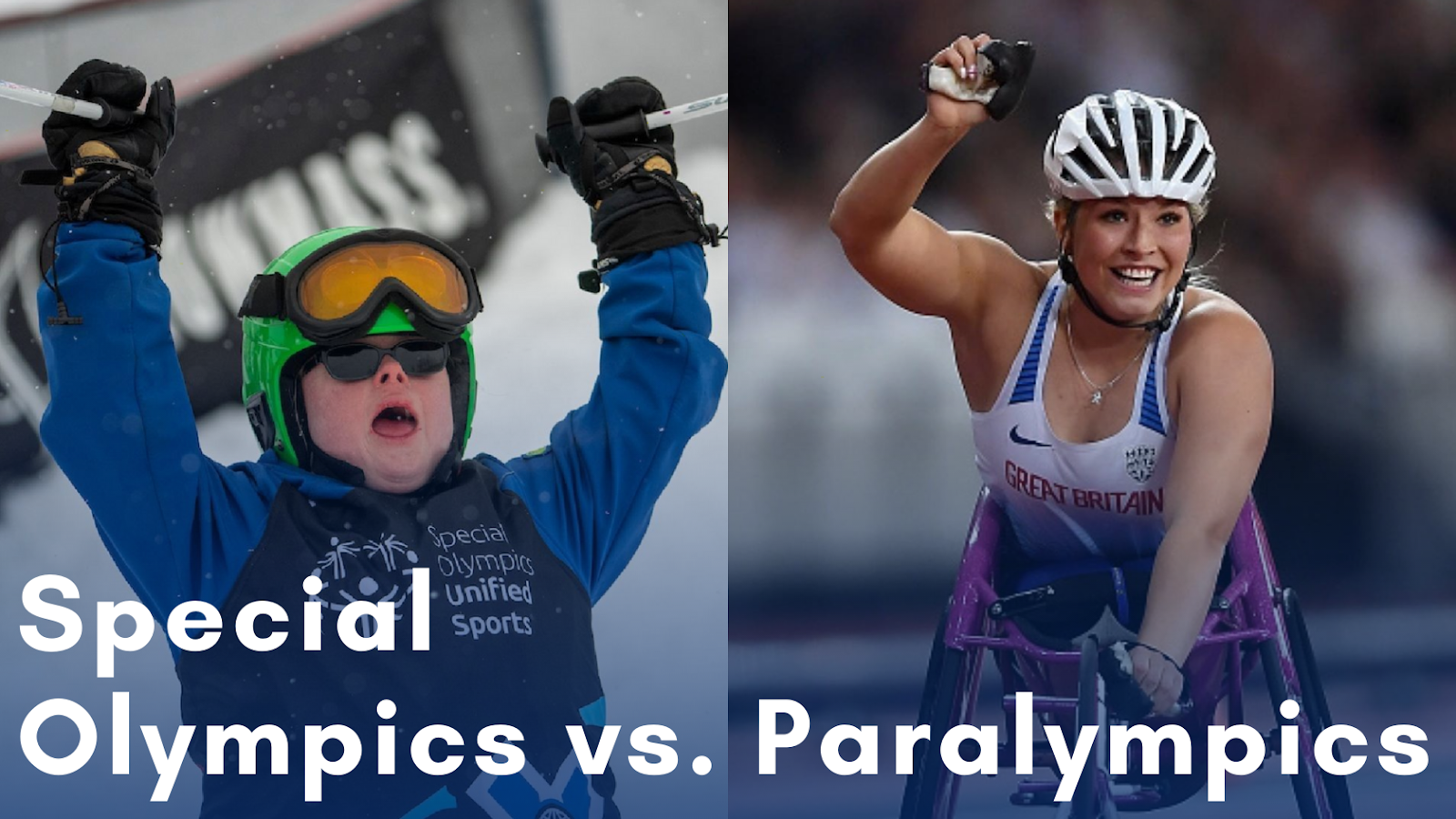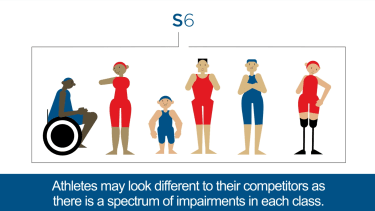The Special Olympics
Special Olympics vs Paralympics
The Special Olympics and the Paralympics are two separate events as of right now. Before reading the articles this week I was unaware that these two were different. Special Olympics is more for athletes of all skill levels with an intellectual disability, cognitive delay, or developmental disability. While the Paralympics is for athletes from 10 categories of physical impairment. Some might argue that people with intellectual disabilities should be permitted to participate in Paralympic events, however I believe the Special Olympics should be kept separate for several purposes. I think having them separate allows for more room with rules and regulations and allows for every athlete to shine in their own way. There were several cheating scandals when they did allow intellectual impairment in Paralympic events, which goes to show even more why these two need to be separated.
"Keeping Them Separate"
As mentioned before, athletes with intellectual disabilities are the only group that the Special Olympics serves. Some athletes have certain requirements and difficulties that call for particular accommodations and support. The Special Olympics can make sure that these athletes have the tools and care they need to flourish in their chosen sports by hosting a separate event only for them. This allows for a safe and fair environment. The Special Olympics also gives people with intellectual disabilities a stage on which to display their talents and be recognized for their accomplishments. If these athletes are permitted to participate in the Paralympics, people with physical impairments might overshadow their achievements. This would be unfair to the athletes and might jeopardize the organization's attempts to advance inclusivity and acceptance of people with intellectual disabilities. Lastly, permitting athletes with intellectual disability to participate in the Paralympics may put them in a disadvantageous position. Those with intellectual disabilities may have trouble understanding the game's rules, controlling their emotions, and making split-second decisions under pressure, in contrast to people with physical disabilities. This might tilt the playing field against them and put these athletes at danger of harm.
To guarantee that athletes with intellectual disabilities receive the necessary resources and assistance to succeed in their preferred sports, it is vital that the Special Olympics remains separate from the Paralympics. If these athletes are allowed to participate in the Paralympics, it could potentially disadvantage them and undermine their accomplishments. By maintaining the Special Olympics as an independent event, we can promote acceptance and inclusivity towards individuals with intellectual impairments and offer them a platform to display their talents and abilities on an equitable platform.




Comments
Post a Comment